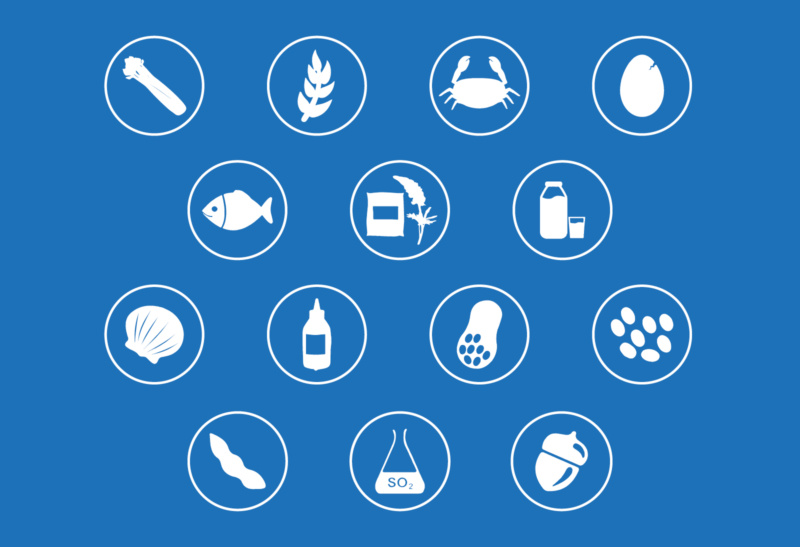So it does feel a little bit like déjà vu as we approach another EU Exit deadline, with a lot of uncertainty still about what will happen on 1st January 2021. However this time around, two things are most definitely different. Firstly, we enter into our preparations at a time when pretty much the entire world has been turned upside down by the coronavirus pandemic, the only single positive of which is that it has pretty much kept Brexit out of the headlines for most of 2020. Secondly, this time around it is pretty clear that after 2021 things will change.
No longer will we be a full member of the EU or ex-member in a transition period. What isn’t quite clear as yet, is whether we will be leaving the EU as a partner working under a trade agreement, or whether we will exit under no-deal terms. I have noticed recently that the Government has stepped up their campaigns to prepare both businesses and individuals, alongside more Covid-19 messaging, though I had to ask myself why it always assumes the British public can only understand three word messages!
One thing which hasn’t changed significantly is how we at Bidfood are approaching this deadline. This time around there is undoubtedly an unexpected competing priority causing significant challenges, something we would not have dreamed about or, should I say, had nightmares about less than a year ago. We continue to plan and prepare from an EU Exit perspective on what the Government phrases as a ‘reasonable worst case scenario’, which is the impact of leaving without a trade deal. In relation to the 31st December 20 deadline, our only message can be– prepare, prepare, prepare!
Our government estimates that leaving without a trade agreement would not cause specific food shortages in the UK, but would mean delays in the supply chain, both for goods entering and leaving the EU. This would most significantly affect fresh and shorter-life chilled products supplied from the EU. The government estimates these delays could last up to a full year before vehicle flows return to current levels, though all pragmatic opinion considers that even if we did leave the EU without a trade agreement, both parties would hopefully see sense and things would get resolved fairly quickly.
In fact, whilst we continue to prepare, recent mood music from the media is that a trade agreement could be on the not too distant horizon. Surely we are all due some good news! Even so, our preparations continue to be managed on a focussed risk basis. The risks we are focusing on, and looking to mitigate, relate to finished product sourced from the EU, where we believe there could potentially be challenges across the entire supply chain, and also to risks to products essential for our customers – especially those providing essential services.
If there is a deal, of course we’d need to understand that deal and interpret the implications of it for customers. It is likely we’d be able to trade with the EU tariff free, or with relatively low levels of tariffs, and we’d expect a more stable currency situation. But there would still be some changes when it comes to importing and exporting food. For example customs declarations, changes in paperwork and veterinary checks, particularly for fresh wholesale meat and poultry, produce and dairy products, though we would expect these changes would come with a level of pragmatism by both UK and EU customs. So whether or not there’s a deal there will be changes in the nature of food trade and so we’re advising our suppliers to be prepared and we’ve ensured we’re fully prepared ourselves whatever the outcome of negotiations may be.
We hope our communications to customers and suppliers explaining our approach are of use in their own preparations. Additionally, the updates about our impact assessment also outline the work we have done on assessing duty, based on WTO tariffs, which will be of significant use across the supply chain. Most importantly though, it is one thing to know where we believe risk lies but another to understand what we can all do to mitigate it. Fortunately we feel we are well placed to instigate our mitigation plans as we have done this several times before, and we will be increasing stocks of key lines, providing alternatives (including where possible UK sourced products and where appropriate some longer life for short life products), and using alternative routes to market.
I am confident that we are extremely well placed to support our customers, and we have been very open about our assessment and mitigation for goods coming into the UK. Moving product into the EU, and additionally into Northern Ireland from the UK mainland, is a small part of Bidfood business. Unfortunately, these remain areas that are still lacking clarity and clarity is definitely something that we are all crying out for. We’re continuing to prepare against a range of scenario’s to address these areas, and we’re also working across the industry with the Federation of Wholesale Distributors, and our partners, to try and bridge this gap.
This has been a year like no other in my lifetime, and if only we had known this time last year what was about to hit us all in March 2020… at least we could have approached things differently. Let’s hope the next few months are not wasted and that we do get further clarity, and ideally a trade deal so that we can put all our attention on what we know is happening and not on mitigating against what may or may not.



